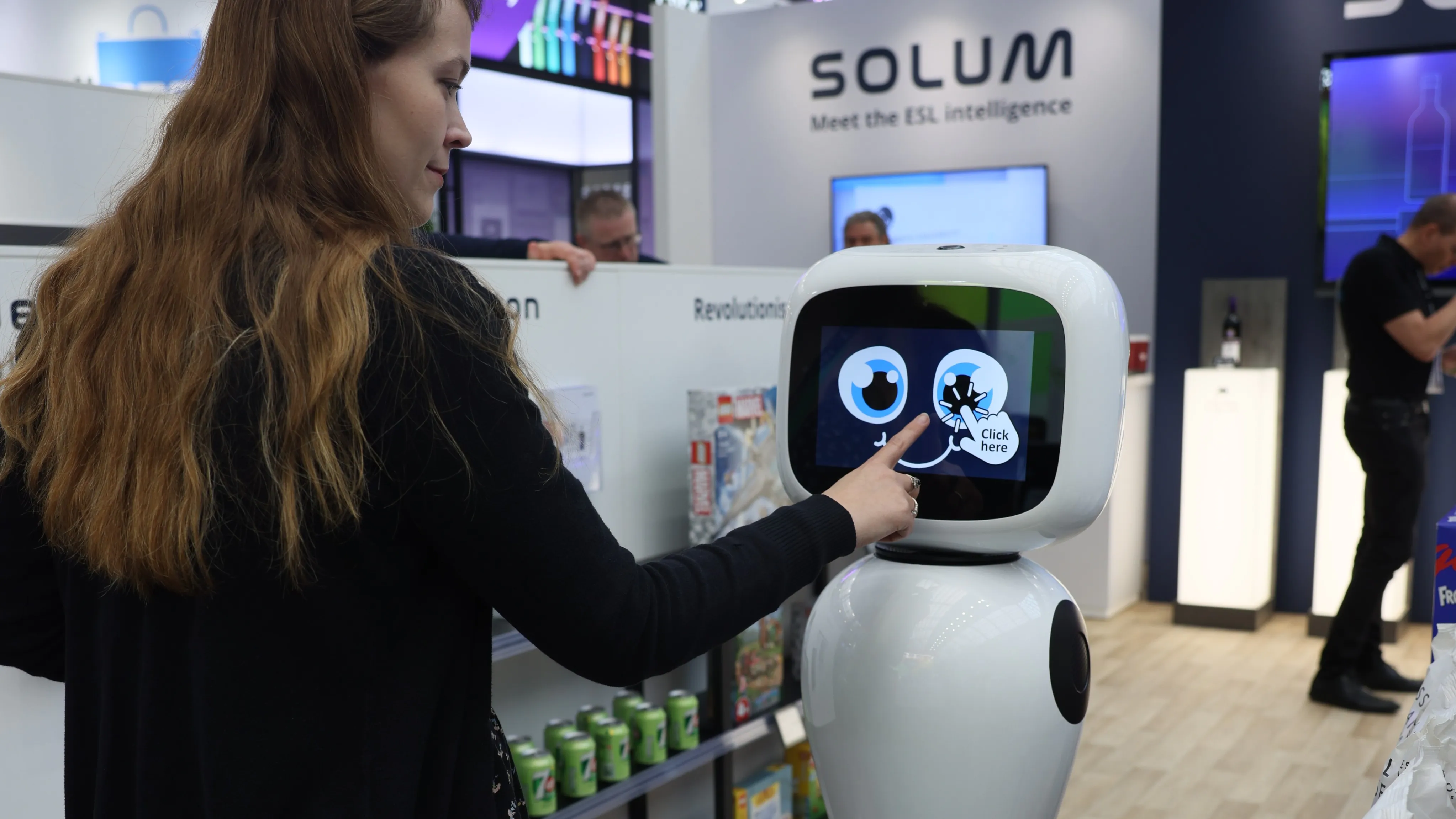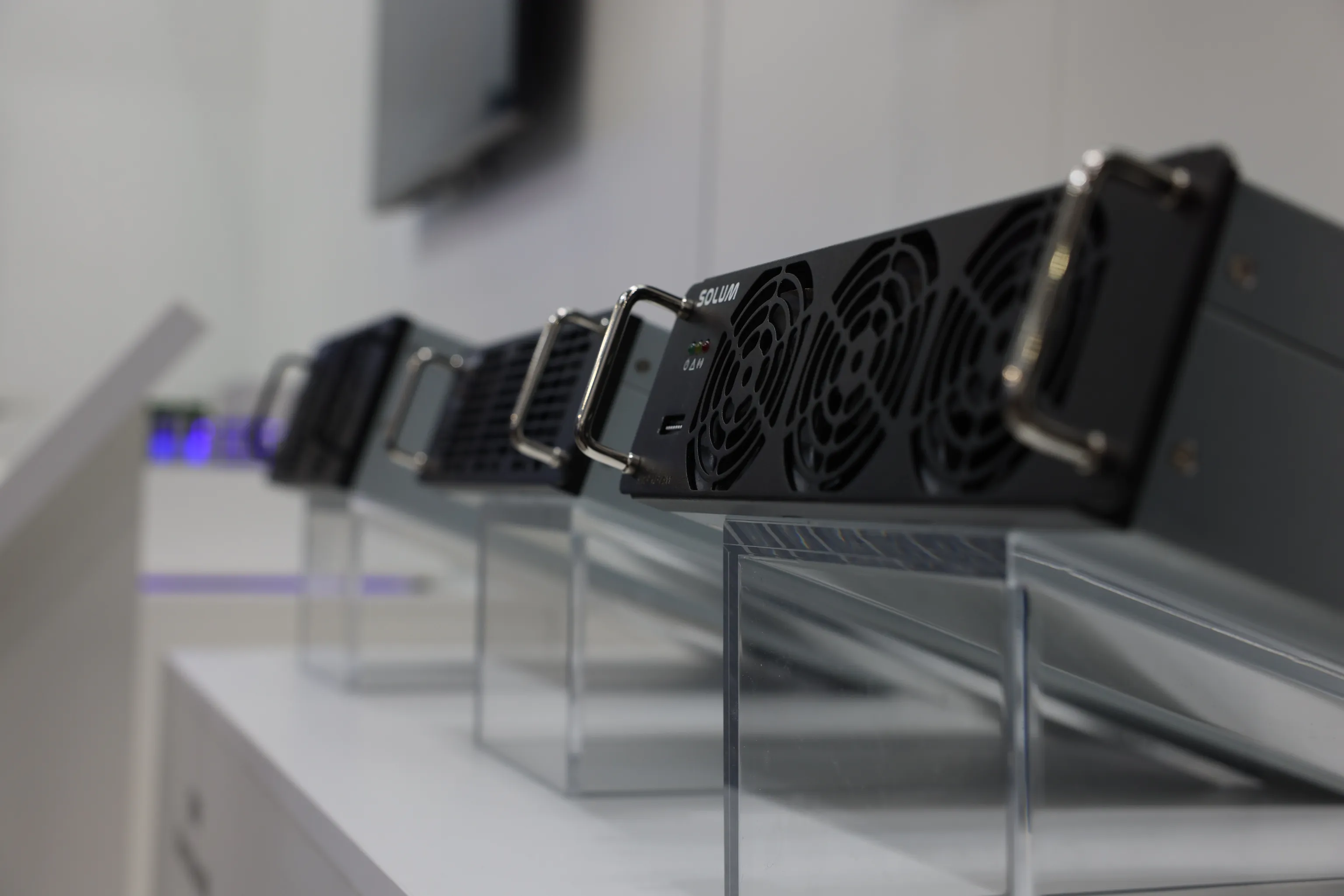Top Healthcare Businesses that Need Brainwave Sensors
Technological advancements have always propelled people’s lives forward, especially when it comes to medicine, healthcare, and well-being. People have taken advantage of electronic medical records, health apps, telemedicine, and more to better their health. Now, new modern technology, such as brainwave sensors, has the potential to revolutionize various aspects of healthcare.
Brainwave sensors measure electrical activity in the form of brain waves in the brain. This new technology is now making waves across industries in pursuit of better knowledge regarding brain activities and health, cognitive abilities, mental health, and more.
Impact of Brainwave Sensors
Brainwave sensors have significant and far-reaching impacts in various fields, such as healthcare, neuroscience, technology, and beyond. Here are some of the key significances and impacts of brainwave sensors:
- Understanding Brain Function: Brainwave sensors provide insights into brain activity, helping researchers better understand cognitive processes, memory, emotions, and behavior.
- Brain-Computer Interfaces (BCIs): Brainwave sensors are crucial for developing BCIs. This enables direct communication between the brain and external devices, which has applications in assistive technology and restoring mobility for individuals with paralysis.
- Neurological Disorders: Brainwave sensors aid in the diagnosis and monitoring of neurological conditions such as epilepsy, Alzheimer's disease, and Parkinson's disease. This improves early detection and personalized treatment plans.
- Mental Health Assessment: They contribute to the assessment and treatment of mental health conditions like depression, anxiety, and PTSD, which leads to more targeted therapies.
- Rehabilitation: Brainwave sensors enhance rehabilitation programs for stroke, traumatic brain injury (TBI), and other mental conditions, which can result in better outcomes.
- Improving Mental Skills: Brainwave sensors are used in cognitive training or learning programs to enhance focus, concentration, and problem-solving abilities, benefiting students, athletes, and professionals.
- Stress Management or Reduction: Therapies or programs using brainwave sensors help individuals manage stress and anxiety, improving overall mental well-being.
- Enhanced Gaming Experiences: Brainwave sensors add an element of immersion to gaming and entertainment by allowing users to control aspects of the experience with their thoughts and emotions.
- Biofeedback Therapy Applications: Brainwave sensors can support biofeedback therapy, where patients learn to regulate their physiological responses. This aids in the treatment of stress-related disorders and chronic pain.
- Neurofeedback Applications: Neurofeedback using brainwave sensors helps individuals self-regulate their brain activity, potentially improving attention, sleep, and mood.
- Enhanced Learning: Brainwave sensors facilitate neurofeedback training in educational settings, which can improve students' learning abilities and academic performance.
- Drug Development and Efficacy Testing: Brainwave sensors are used in clinical trials to assess the effects of new drugs on brain function, which has a big impact on drug development and safety evaluations.
- Assistive Technology for People with Disabilities: Brainwave sensors are integral to the development of assistive devices, such as brain-controlled prosthetics and communication devices. This enhances the quality of life for elderly people or people with disabilities.
- Wearable Technology: Wearable brainwave sensors help regular consumers know more about their brain activity and vital signs. They can help manage stress, sleep, and overall well-being by providing real-time feedback and actionable insights.
Healthcare Businesses That Can Utilize Brainwave Sensors
Brainwave sensors’ biggest impact can be found in the medicine and healthcare industries. With its primary function focused on the activities and status of the brain, it’s no surprise that a lot of businesses involved in healthcare will need its use.
Here are the top healthcare businesses that can take advantage of brainwave sensors:
1. Hospitals and Neurology Clinics
Brainwave sensors can help in hospitals and neurology clinics. They can aid in the diagnosis and monitoring of neurological disorders such as epilepsy, Parkinson's disease, and Alzheimer's disease. They can provide valuable data for neurologists to assess brain health and track the progression of these conditions.
2. Mental Health Clinics, Psychiatric Facilities, and Therapists
Brainwave sensors can also contribute to mental health assessments for a number of businesses. Brainwave sensors can help therapists and mental health professionals assess a patient's mental state and emotional well-being.
Brainwave patterns are already being used to predict and understand psychiatric disorders. This means that advanced technologies for brainwave sensors can also be used to diagnose or monitor conditions like depression, anxiety, and post-traumatic stress disorder (PTSD). Brainwave sensors can also assist in biofeedback therapy, which helps individuals learn to control their brain activity and reduce stress and anxiety.
3. Treatment and Rehabilitation Centers
Rehabilitation centers focusing on recovering from drug, alcohol, or gambling addictions can also take advantage of brainwave sensors. This is because they can help health professionals and patients themselves understand their brains and better manage their condition and their roads to recovery.
Of course, brainwave sensors can also aid in stroke and traumatic brain injury (TBI) rehabilitation. Brainwave sensors can assist in the rehabilitation of stroke and TBI patients by providing real-time feedback on brain activity. This data can be used to tailor rehabilitation programs for optimal recovery.
4. Sleep Clinics
Sleep clinics with brainwave sensors have the chance to enhance the diagnosis and monitoring of sleep disorders. Brainwave sensors can be employed to diagnose sleep disorders like sleep apnea and insomnia. They can also provide insights into brainwave patterns during patients’ sleep cycles, aiding in monitoring and treatment planning.
5. Pharmaceutical and Clinical Research Companies
Medical research centers can also utilize brainwave sensors for drug research and development. They can be used in clinical trials to assess the effects of new drugs on human brain function. They will be able to help researchers and medical professionals understand drug efficacy and safety profiles.
6. Wellness and Stress Management Centers
For wellness and stress management centers, brainwave sensors can help enhance stress reduction. Brainwave sensors can be used in wellness programs to help individuals learn stress reduction techniques through biofeedback. They can provide real-time data on stress levels and even help users develop relaxation skills and wellness-boosting techniques.
7. Aged Care Facilities
Brainwave sensors can also pose an advantage for elderly care facilities, especially when it comes to cognitive health monitoring. Since elderly residents are more susceptible to cognitive disorders and cognitive decline, monitoring how their minds function can be advantageous. Brainwave sensors can assist in monitoring the cognitive health of elderly residents. They can also help caregivers detect cognitive decline and provide timely interventions for their patients.
8. Sports Performance Enhancement Centers
For sports training and enhancement centers, brainwave sensors can be a significant support for cognitive training among athletes. Athletes can benefit from brainwave sensors to enhance their mental focus, concentration, and decision-making skills. These are crucial to sports performance, and athletes need to hone in on these skills if they want to succeed.
9. Education and Training Institutions
Neurofeedback training programs in education and training institutions can also make use of brainwave sensors. Educational institutions can use these sensors to enhance learning and cognitive performance in students. In fact, in 2019, brainwave sensors were used to investigate students’ attention in relation to the use of interactive videos. Teaching professionals as well as healthcare professionals will be able to better understand how students react to certain learning mediums and more.
10. Gaming and Entertainment Industry
It might be hard to believe, but gaming and entertainment companies also need brainwave sensors. Brainwave sensors can be used in gaming applications to provide a more immersive experience. Companies can also use this to learn how players’ brains function and respond to their games and offerings. Gamification of mental exercises can also be beneficial for cognitive health.
11. Smart Home Device Providers
Companies creating or providing smart home devices can also employ brainwave sensors. This is because brainwave sensors can be advantageous for people with disabilities. A brainwave-controlled smart home system has already been developed specifically for disabled or paralyzed residents. This can change the game for a lot of patients and people living with certain ailments.
12. Private Companies
And of course, private companies concerned for the mental health and well-being of their employees can also take advantage of brainwave sensors. They can use this technology to monitor and better understand the focus and concentration of their employees, know how to engage and spark motivation and know when they need a serious break.











